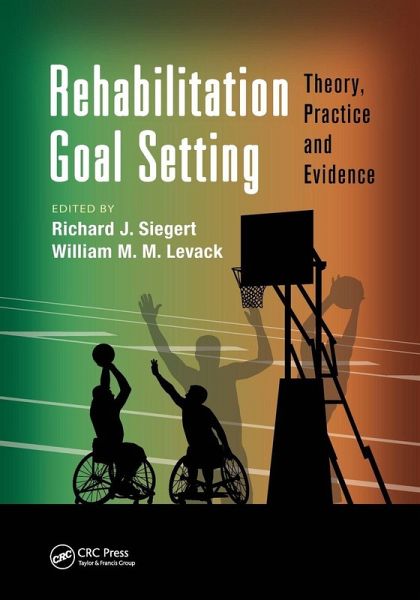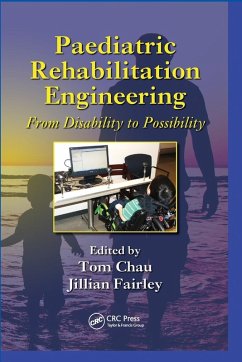Richard J. Siegert, BSc, PGDipPsych (Clin), MSocSci, PhD, is professor of psychology and rehabilitation, Person Centred Research Centre, School of Rehabilitation and Occupation Studies, Auckland University of Technology, Auckland, New Zealand. Siegert trained in clinical psychology and completed his PhD in psychology at Victoria University of Wellington. His research interests include neuropsychology, neurological rehabilitation, psychology applied to rehabilitation, and psychometrics. Siegert is an author of 90 peer-reviewed journal articles, four invited articles, six book chapters, and a popular undergraduate rehabilitation textbook. His current interests include the application of mindfulness techniques for people with neurological conditions and outcome measurement in neuro-rehabilitation. William M.M. Levack, BPhty, MHealSc (Rehabilitation), PhD, is associate dean for research and postgraduate studies, and senior lecturer in rehabilitation, University of Otago, Wellington, New Zealand. In 2003, Levack was employed as a lecturer at the University of Otago, teaching interdisciplinary, postgraduate courses in rehabilitation by distance, and in 2008 he completed his PhD. His current projects include work on the development of a clinical measure of loss and reconstruction of self-identity after traumatic brain injury, qualitative research into the barriers and facilitator of access to evidence-based rehabilitation, and the use of kinetic video games as a form of therapeutic exercise for people with chronic respiratory disease.
















